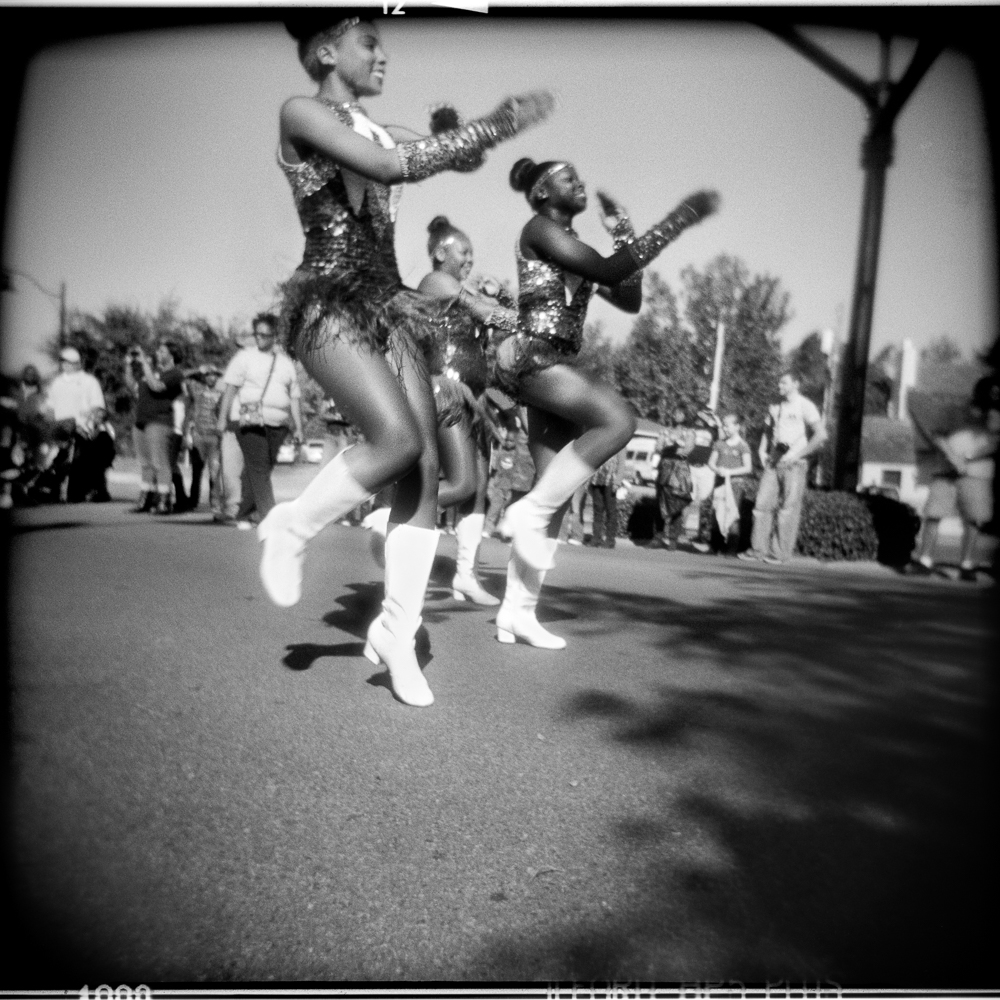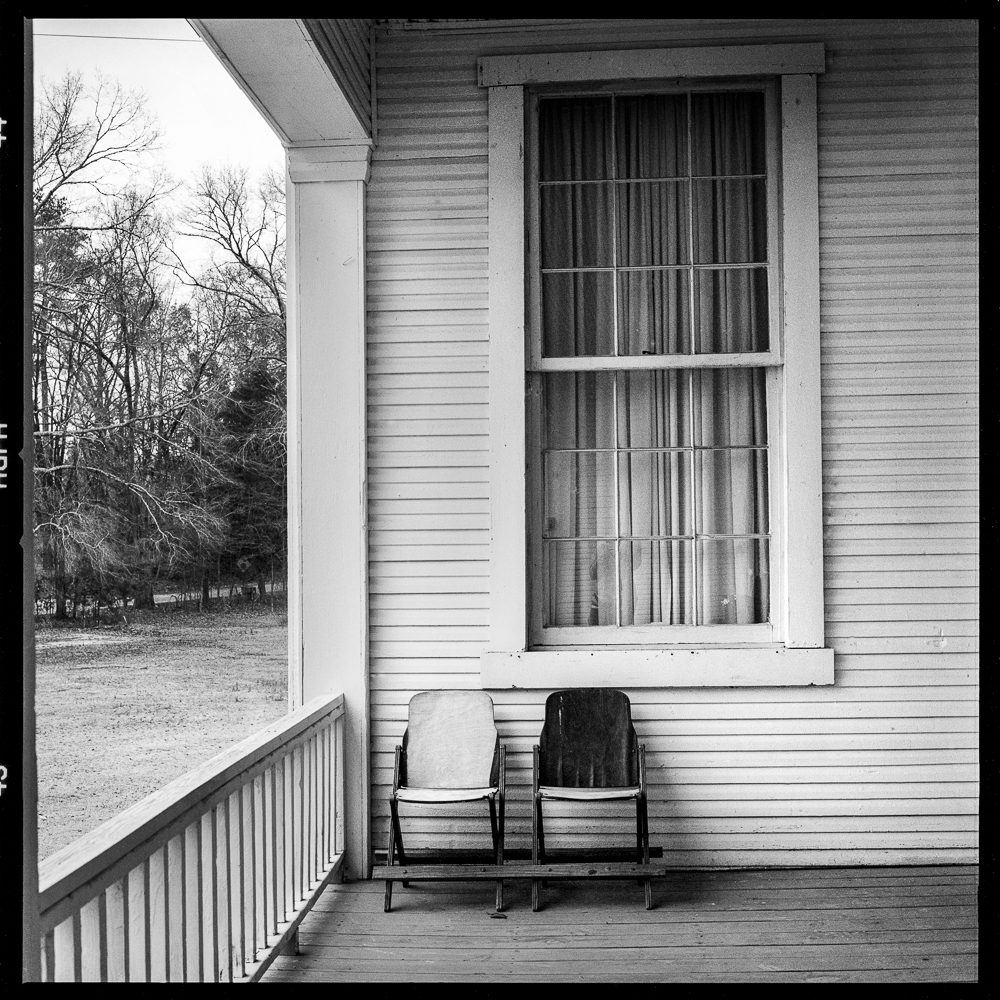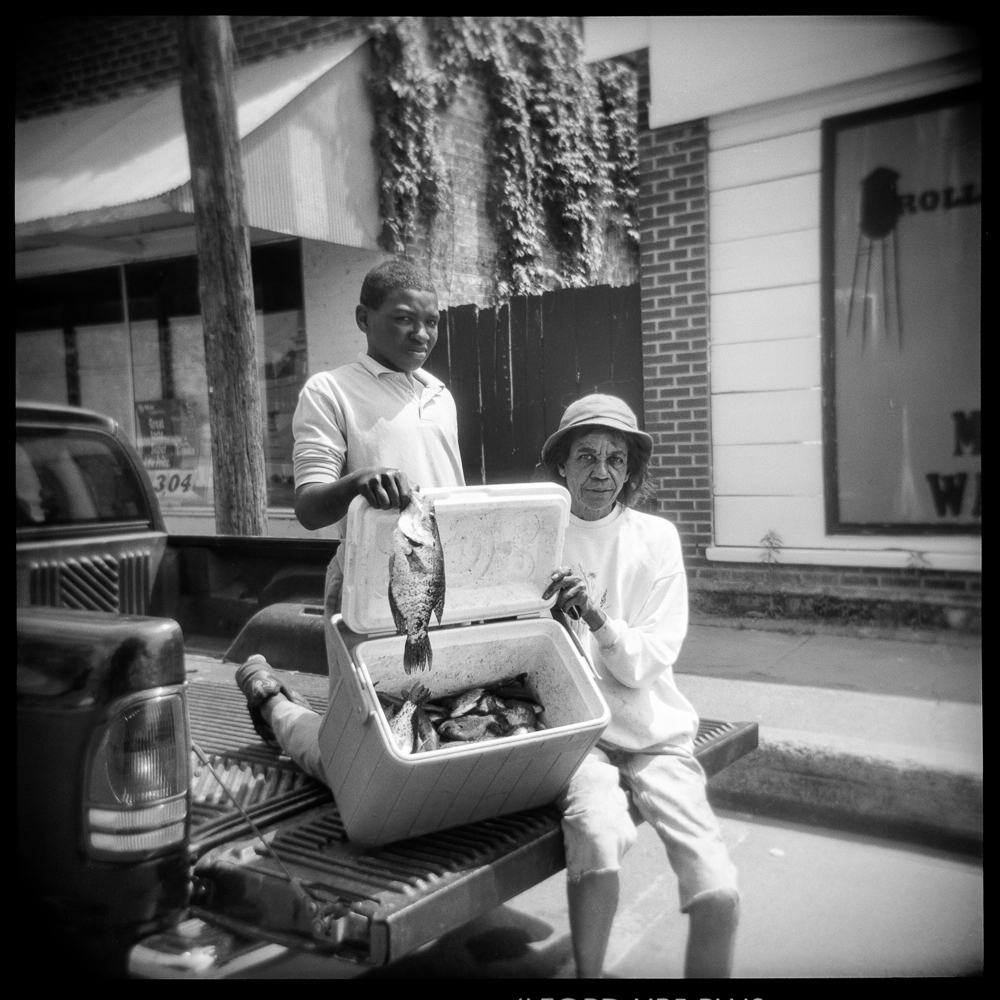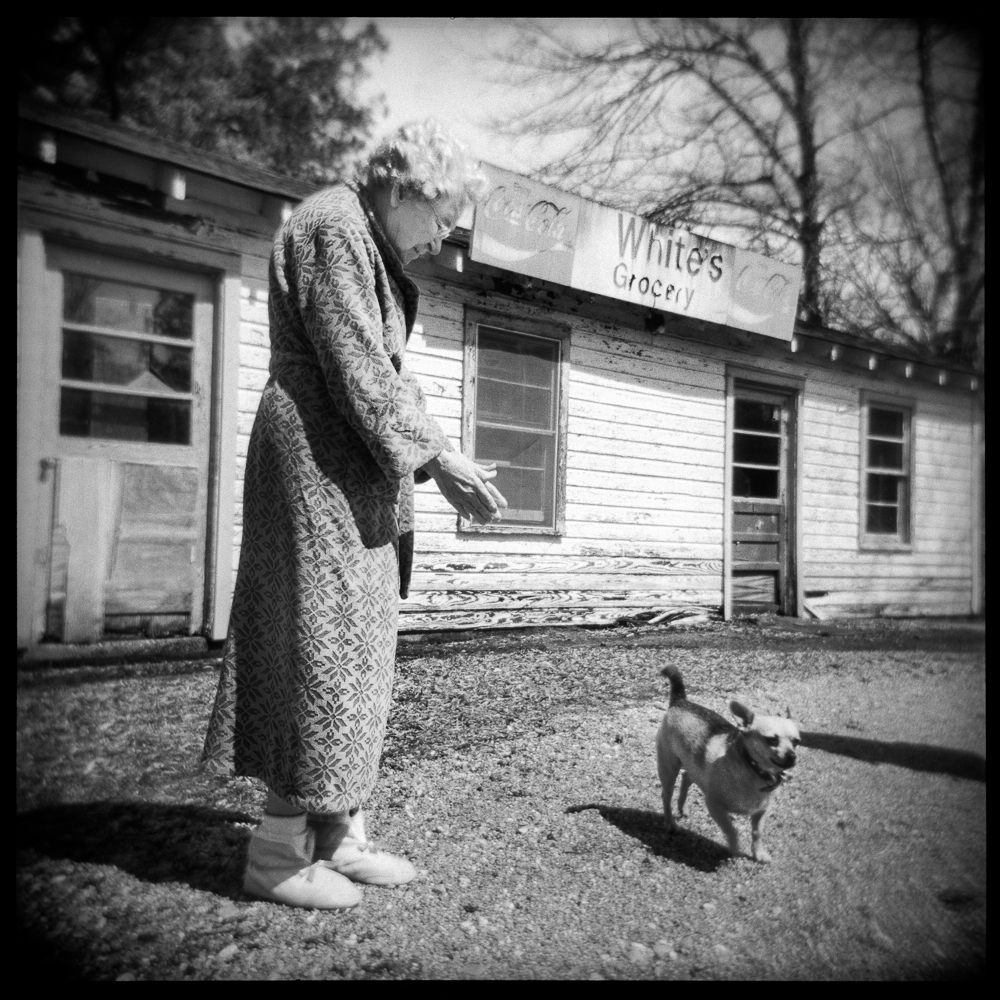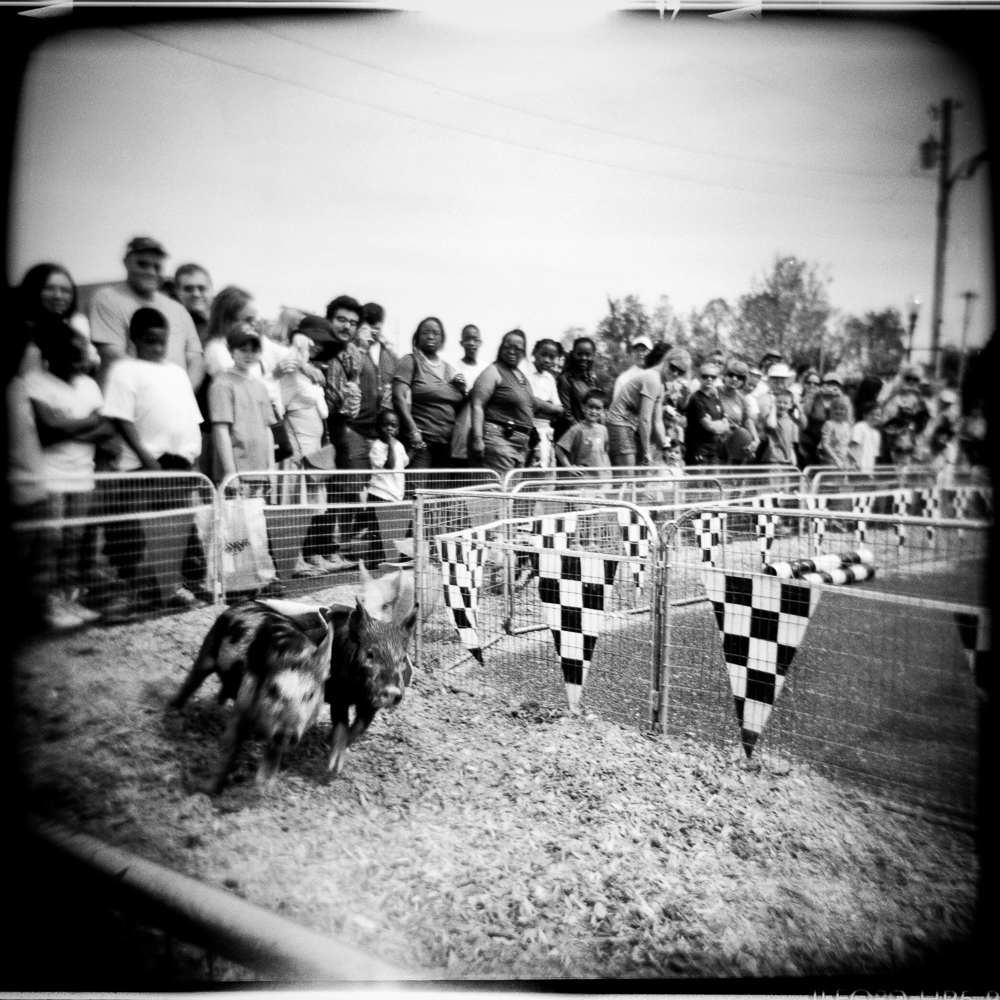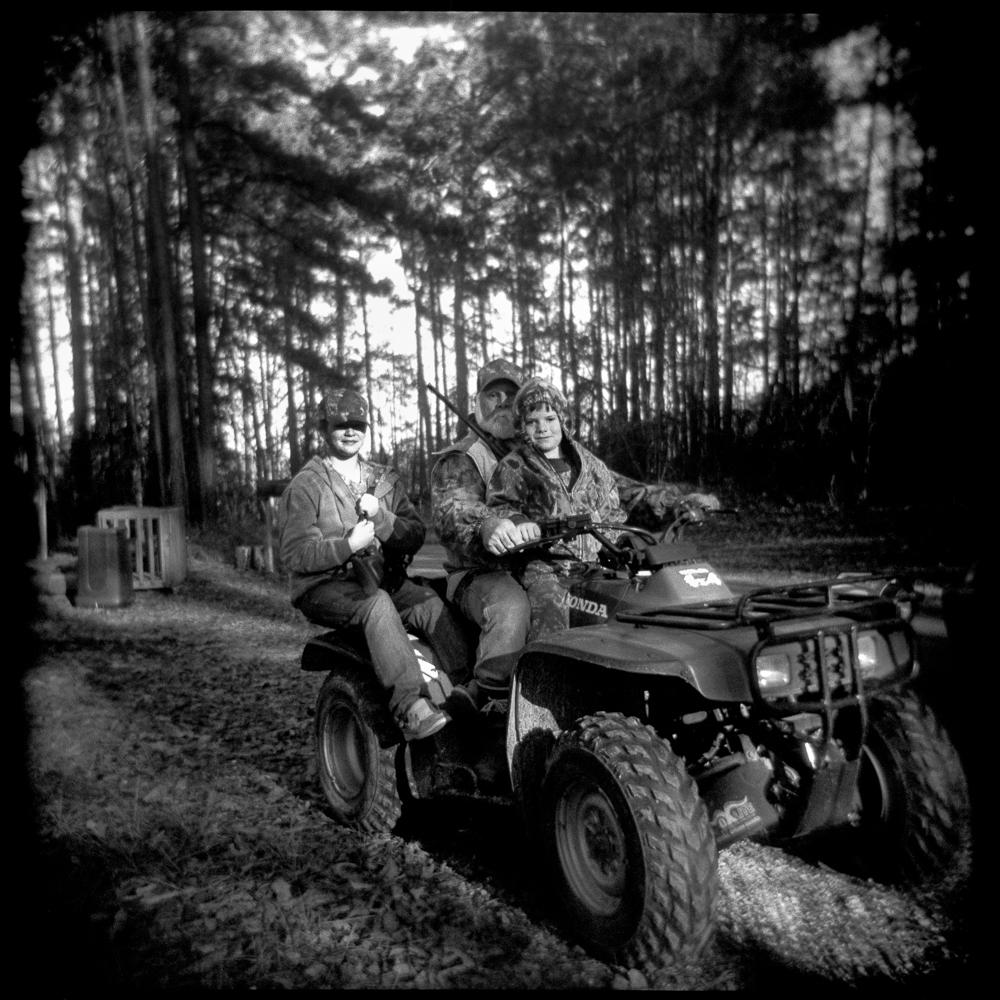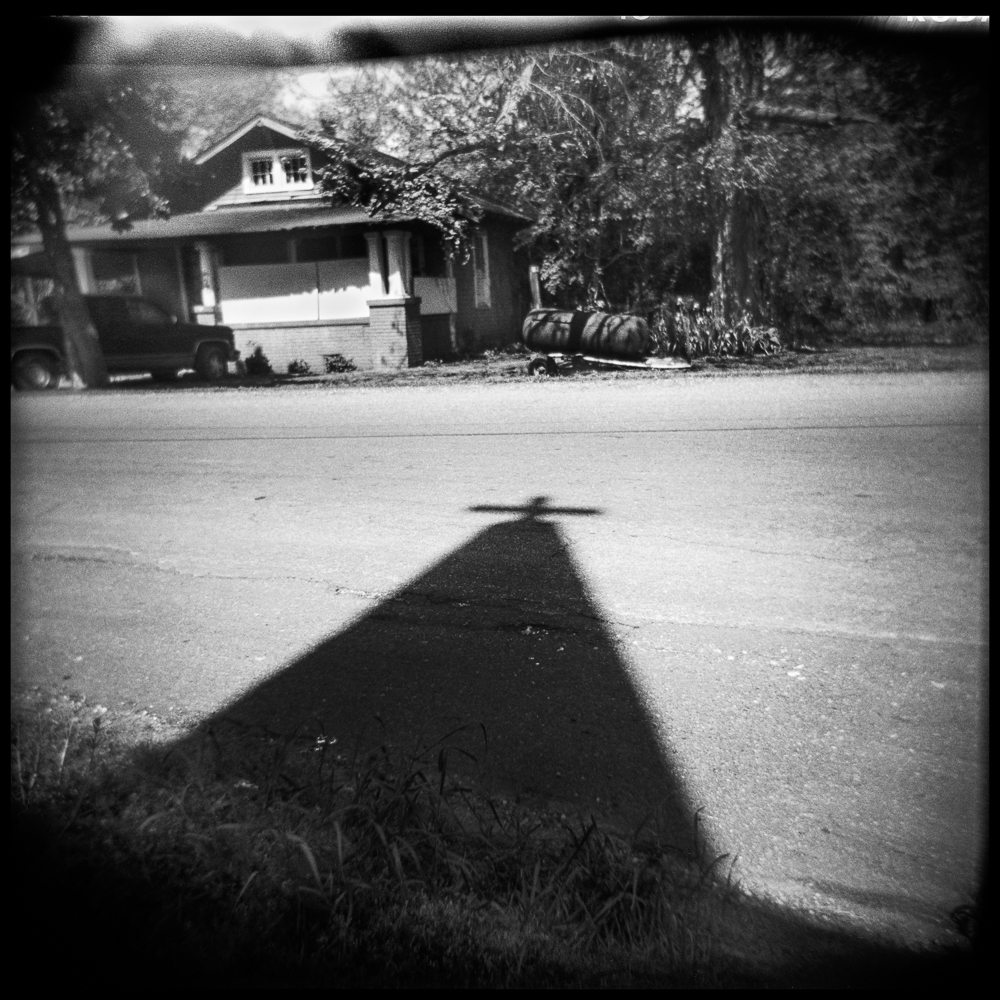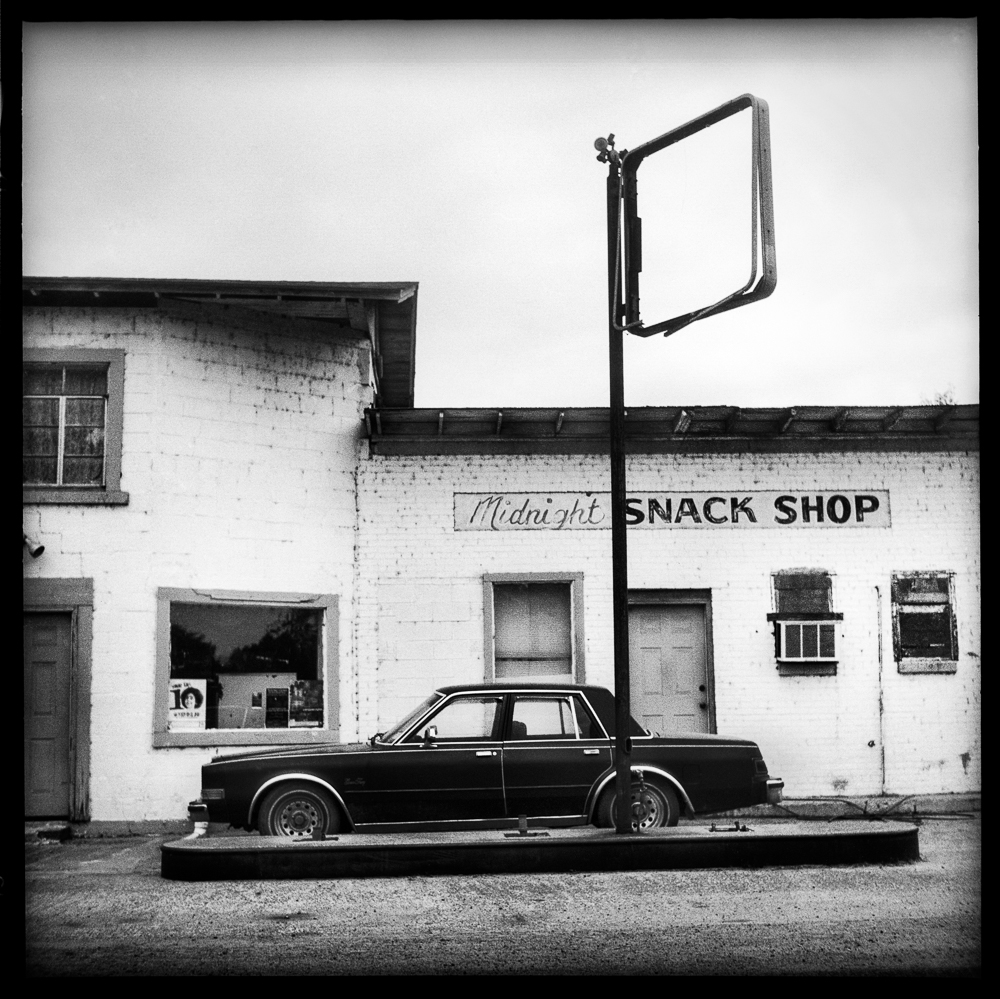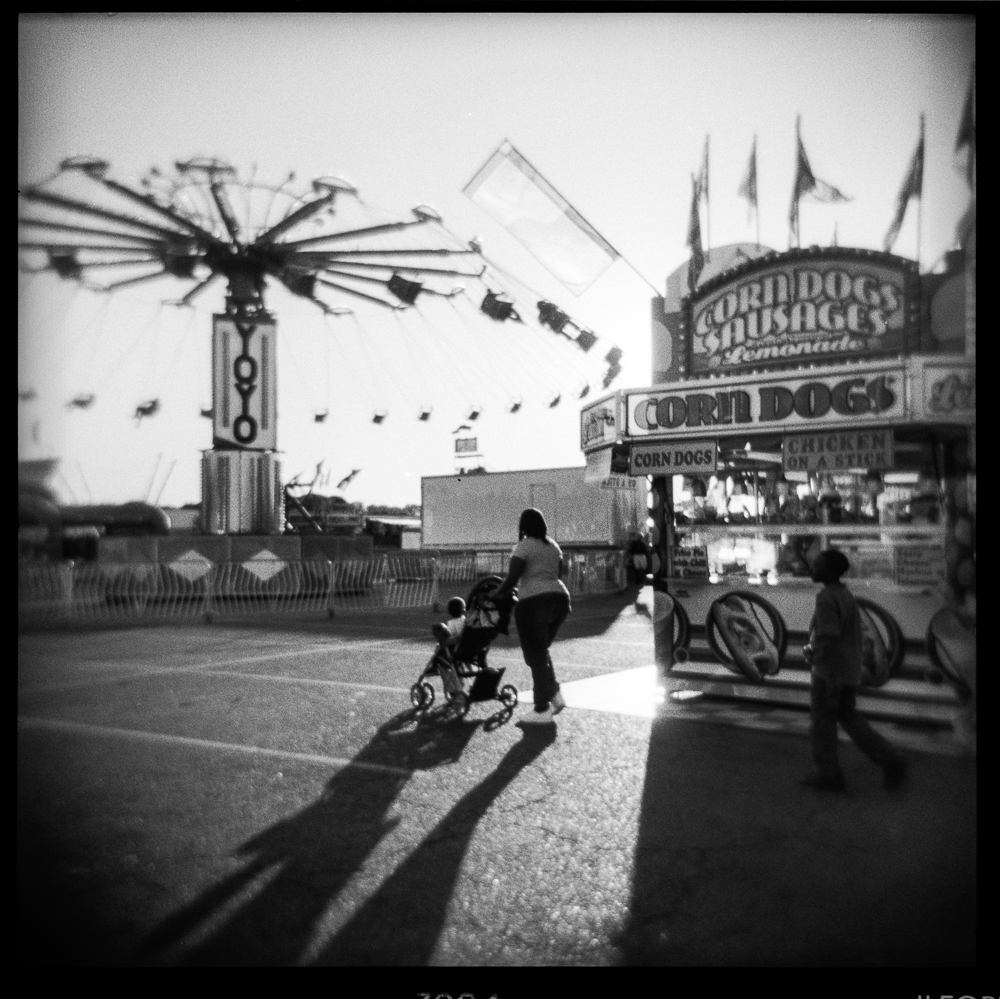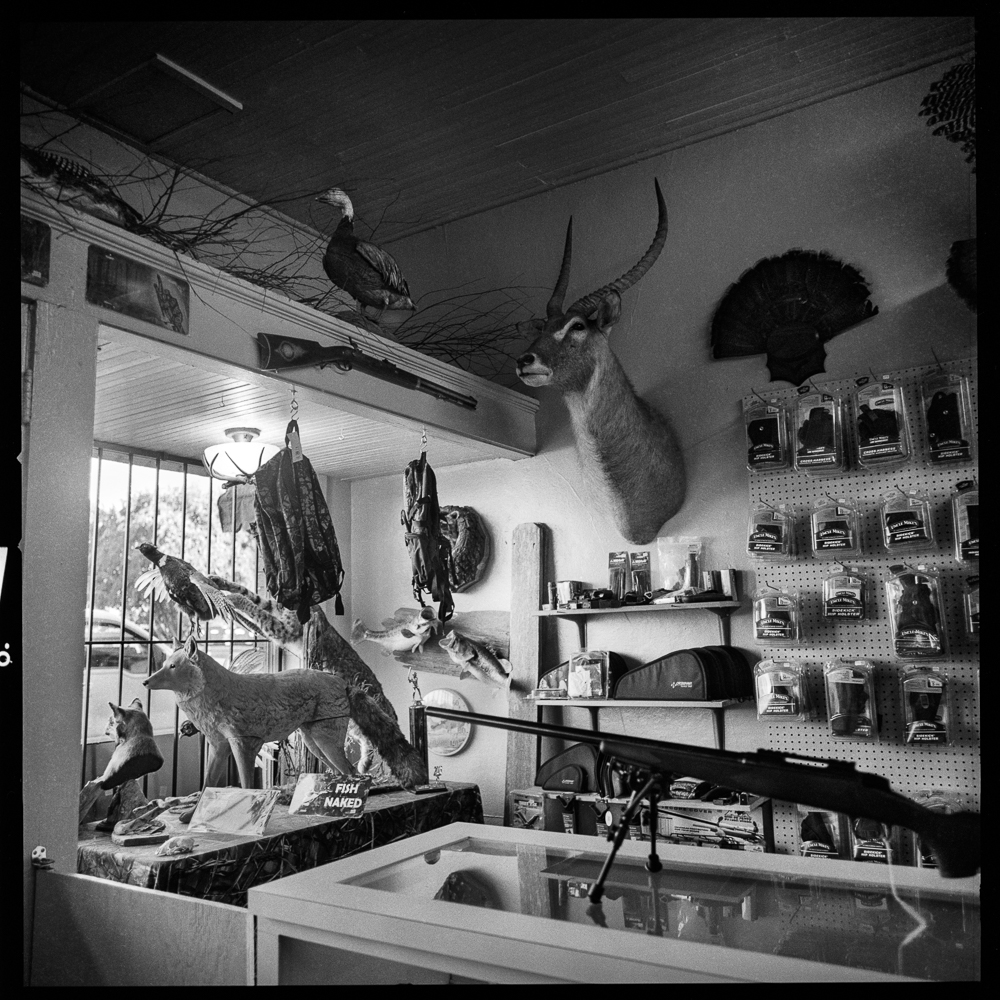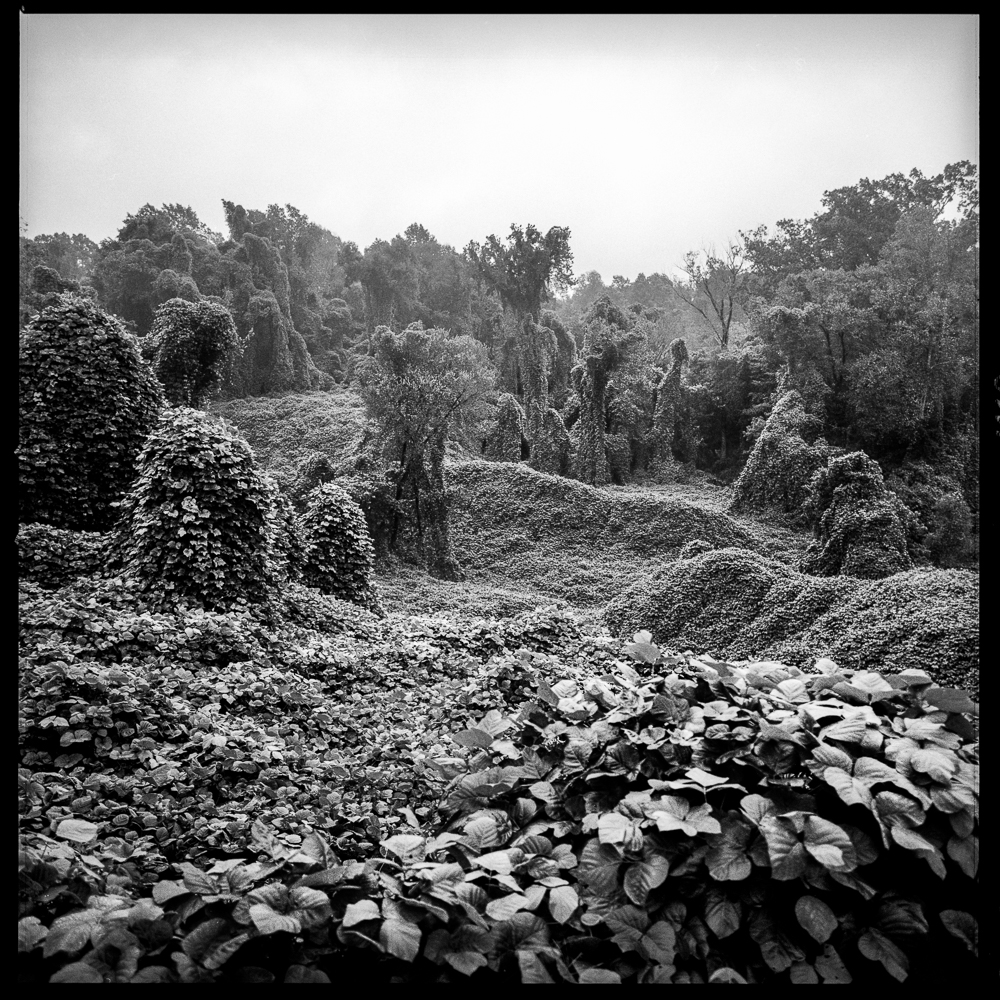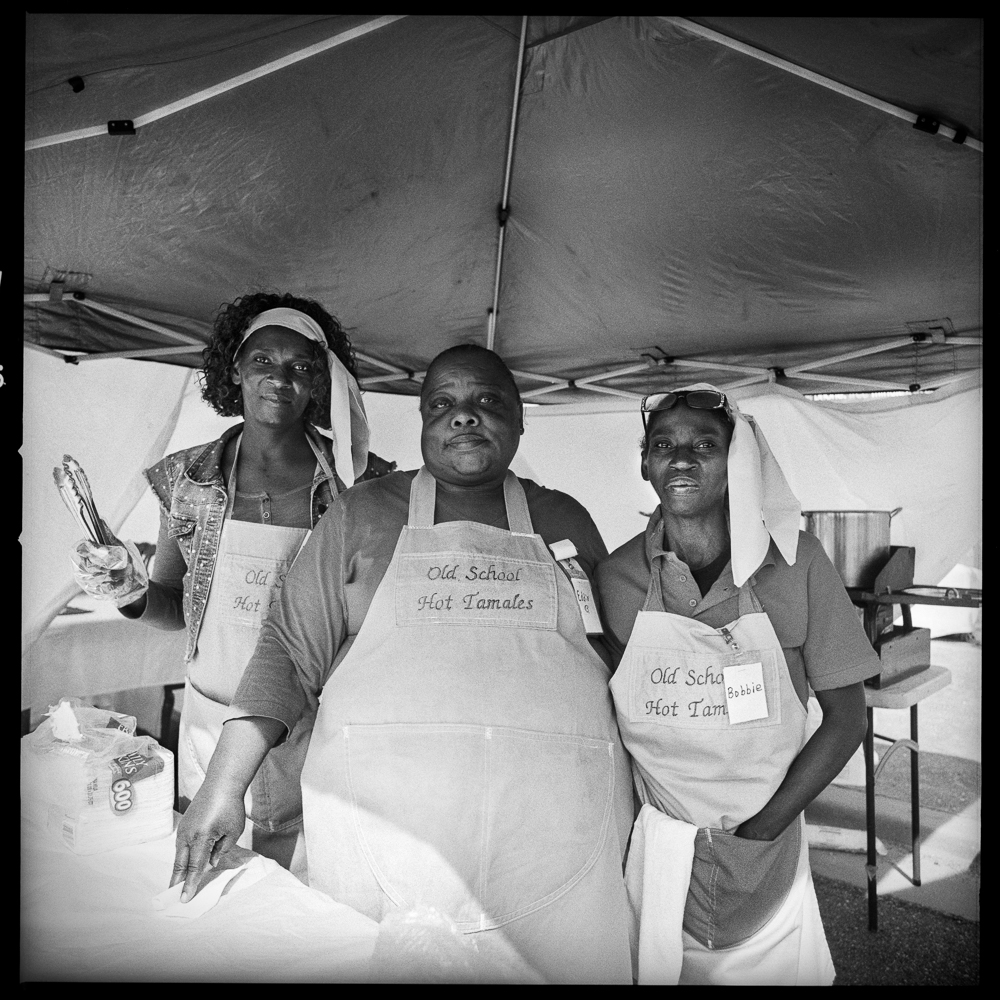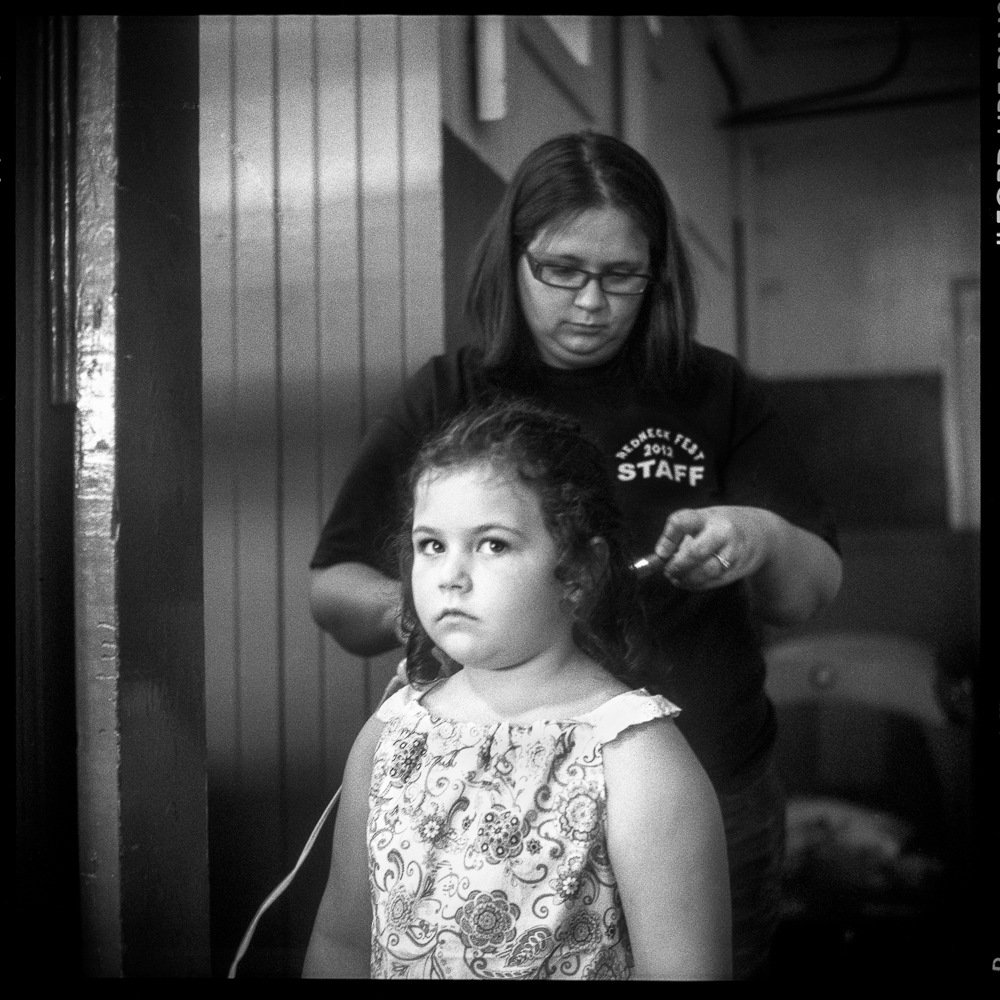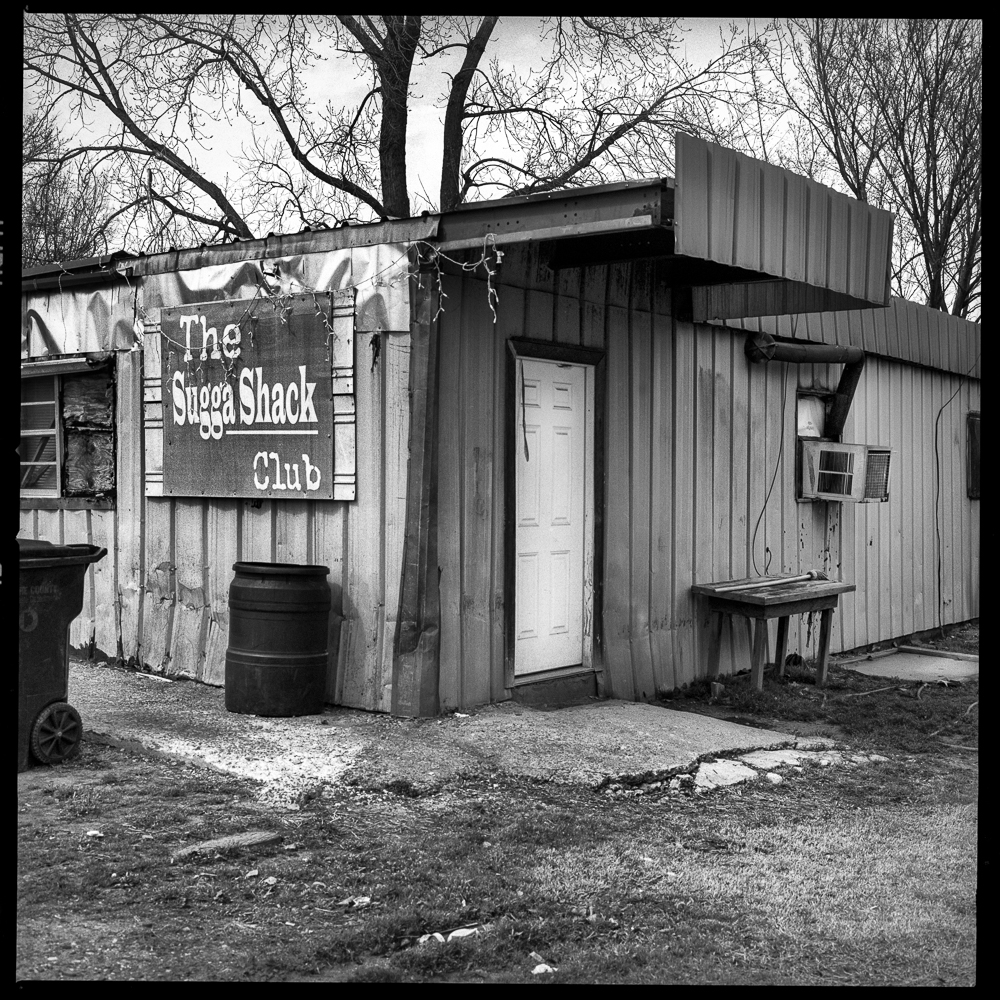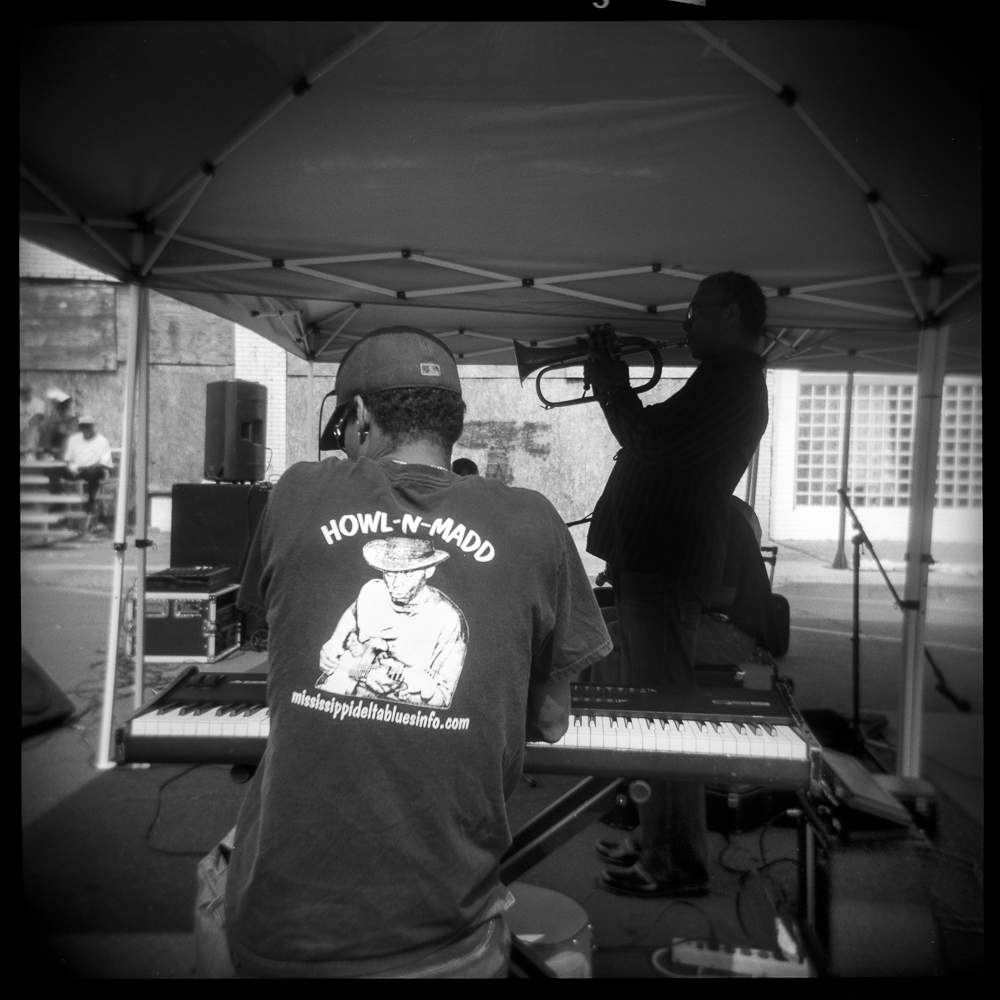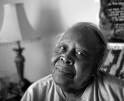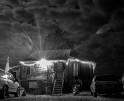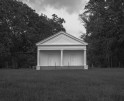Betty Press: The States Project: Mississippi
Having just arrived home from New Orleans and PhotoNOLA yesterday, I have a heightened awareness of photographers from the South. They are born into a culture of storytelling, a practice of slowed down consideration and make work that is thick with the humidity of history. Today we feature the work of Betty Press, a wonderful Southern storyteller, who will take us down the back roads of Mississippi as the Mississippi States Project Editor. For some years, I have enjoyed Betty’s descriptive images of the simple lives of hard working people that feel as if she has captured timeless characters in To Kill a Mockingbird. We had the chance to meet the at Slow Exposures Festival, where she had a solo exhibition and zine launch of her project, Finding Mississippi. An interview with Betty follows.
Betty is a fine art photographer best known for her photographs taken in Africa where she lived and traveled for many years. This work placed in Photolucida Critical Mass Top 50. She now lives in Hattiesburg, Mississippi and has a new project called Mississippi: The Place I Live, which uses vintage and toy cameras.
In 2011, she published an award-winning photo book I Am Because We Are: African Wisdom in Image and Proverb which portrayed a stunning, life-affirming portrait of the African people and culture. In 2012 she received a statewide award in photography, from the Mississippi Institute of Arts & Letters and in 2013, a Mississippi Visual Artist Grant. Her photographs have been widely exhibited and collected as well as selected for many juried competitions. In 2015, her Mississippi photos were added to the collections of the Mississippi Museum of Art and The Do Good Fund (Southern Photography Initiative). She received an award of excellence for her Mississippi photos in the Mississippi Collegiate Art Faculty Juried Exhibition.
Lens Culture, Silvershotz, Shots, South x Southeast, Lenscratch, ACurator, RfotoFolio, Art Photo Index, John Wall’s Southern Photographer and Women in Photography International (WIPI) have all featured her work. She is represented by Panos Pictures, London; Photographic Image Group, Portland, Oregon; International Visions, Washington, DC; Fischer Galleries, Jackson, Mississippi; and One Off Contemporary Art Gallery, Nairobi, Kenya.
Mississippi: The Place I live
I never expected to be living in Mississippi. I grew up in a religious and conservative family on a rural Nebraskan farm. I was very influenced by the Civil Rights Movement. I got exposed to the rest of the world by traveling around the world with my husband and later working as a photojournalist for eight years in Africa. Because of this I bring a singular perspective to documenting the Southern black and white experience, which is so intertwined, and keeps the South a unique region in our country. After several years of living in Mississippi but not feeling it is my “place,” I decided to deal with this uneasiness by exploring the state, still largely rural and agricultural, through a series of road trips.
I started by visiting small communities listed in the Mississippi Atlas & Gazetteer, often with unusual names like Love, Darling, Expose, Fair Trade, and Midnight. The landscape away from the coast is unrelenting in its flatness or undulating pine covered hills, punctuated by small communities with their ubiquitous churches and well-kept cemeteries; county seats with sometimes crumbling courthouses, always flanked by a civil war soldier on guard. If people are out and about I stop to talk, that easy Southern hospitality and politeness coming through even with outsiders.
At other times I attended local festivals celebrating music and culture like the Juke Joint Festival in Clarksdale, the Hot Tamale Festival in Greenville and the Bodock Festival in Pontotoc. Here, except for at the Redneck Festival in Baxterville, is where I would see people of all backgrounds mingling and enjoying the best of what Mississippi has to offer.
Eudora Welty, who writes from a strong sense of place, is my visual and literary muse. Calling herself a recorder of real life, she traveled around Mississippi during the depression taking photographs for the Works Progress Administration. These were later published in One Time, One Place. She photographed not “to point the finger in judgment but to part a curtain.” I, too, am not trying to change or improve the image of Mississippi but simply to shed some light on this often-stereotyped state.
I was trained that photographs should be perfectly sharp, in focus, and well exposed. But now, having experienced more of life, this seems less important. History is clouded with uncertainties due to selective memories. Time past loses its clarity but not its meaning. Thus I chose black and white film to use with plastic and old cameras such as the Holga, twin lens reflex, and later a vintage Hasselblad, to capture evidence of the past with cameras used in the past. The resulting imperfections, the soft focus and light leaks serve as metaphors for how landscape, race and religion have played a part in the complicated history of Mississippi and still affect lives today. Exploring and photographing is a personal journey for me to better understand the past and present, and in time, the images may reveal more of this place where I now live.
Tell us about growing up and your time in Africa?
I grew up on a farm in Nebraska. It was an idyllic life because I could roam the pastures and build playhouses in the clump of trees that served as a windbreak for our house and other farm buildings. Living on the farm was quite isolating. I learned to play alone since I was the youngest of four. In first grade I walked to a one-room schoolhouse. After it closed I went to the town school where instead of eight classes in one room we had four. My high school class had only ten students so I graduated in the ‘Top Ten.’
My church sponsored missionaries in Africa and they would come to speak at our church. That was my first knowledge of Africa, as we didn’t learn much about it at school. Somehow the continent fascinated me as well as traveling overseas. But my only source of information about places like this was the encyclopedia and magazines such as Life and Look that my family subscribed to. I spent a lot of time looking at the photographs and dreaming to go there. I continued that interest in college where I finally really started learning about the rest of the world and searched out opportunities to travel. I met my husband who also was interested in traveling and working abroad. His first job took us to Morocco and then Tanzania. There we succumbed to our “hippy” style of life and started hitchhiking and backpacking across Africa to Europe and then through the Middle East and Asia back to the USA two years later. Unfortunately I was not a photographer at that time but I think I was already creating images in my head. When we got back to the USA my now journalist husband was assigned to Kenya to cover East and West Africa. So for eight years I worked as a freelance photojournalist based in Nairobi.
What brought you to Mississippi?
Again it was my husband’s job. In 2003, as a new PhD candidate he accepted a position teaching political science at the University of Southern Mississippi. That led to a job for me as well teaching darkroom photography in the Art and Design Department. For the first few years I was still very involved with my African work and we made frequent trips back to Kenya. The work was being exhibited, was recognized in Critical Mass Top 50 in 2005 and represented in galleries. In 2011, I finished the project by self-publishing my first photobook, I Am Because We Are: African Wisdom in Image and Proverb, a life-affirming portrait of the African people and culture. It was very successful and is now out of print.
What is distinctive about being a photographer in Mississippi?
For one thing my name changed. I am now “Miss Betty.” It’s an honorary title, said with great respect, but one I never will get used to.
There is something distinctive about Mississippi. It’s exotic and poor, kind of like Africa. Photo Workshops in Mississippi (especially the Delta) are advertised in the same way they are advertised in Africa, ‘for those photographers who care about the world around them and want to give back to their communities.’ The famed travel writer Paul Theroux in his recent book Deep South makes many comparisons between Mississippi and the third world. I guess I am now enough of a Southerner to resent that and enough of an outsider to see where he might be coming from.
I never in a million years thought that I would end up living in Mississippi. When I was young I was aware and very sympathetic to the Civil Rights Movement. We saw the movies like Mississippi Burning. I had a lot of stereotypes about Mississippi: poor, racist, segregated, and backward. But that, like all stereotypes, is not the whole picture. This is the land of contradictions. There are a lot of good things here. And I like living here. I try to focus on the good changes because it keeps me hopeful and able to continue working for a better life for everyone.
And, as a photographer, I keep asking myself: am I stereotyping the South? It’s so easy to do. Am I dwelling too much on the past? Old abandoned buildings covered with kudzu are so easy to find and photograph, also confederate flags and statues. I need to show the “new” South, whatever that is? Somehow there are no answers to these questions.
How did you go about selecting photographers for this week?
It was hard to select only six photographers to represent Mississippi. There were so many good photographers to choose from. My criteria for selecting photographers was that they would be actively working on projects based in Mississippi, some should actually have been born in Mississippi but others should, at least, be living here. I wanted to have a few young emerging photographers who have a more contemporary approach to present day society. I also believe in education, so if some of them were educators that would be a plus. Photography can benefit our society, either in the stories that are told or the history that is documented. Diversity of photographers was another concern but I didn’t find too many established photographers of diverse backgrounds. It doesn’t seem to be a career path that appeals to young African Americans in Mississippi. I also wanted to represent the different regions of Mississippi.
One thing I did not plan on, but it just worked out that way, was that most of the photography is in black and white. And if I were to do this again I would like to include more work in color. And I, myself, want to start working more in color for my next project. Color has a better feel of the present and cannot as easily be categorized as dealing with the past or stereotypes.
The project that we are featuring today focuses on Mississippi–what did you learn from making this work?
I learned that Mississippi is a complicated state. And nothing is black and white but like silver prints, made up of many shades of gray. I chose black and white for my project because somehow when I think of Mississippi I see it as falling along the tones of the gray scale. Mississippians are very tied up with the past. Many, I would say, live in denial of what the past represents and that keeps the state from moving forward. Holding on to your heritage is very important but here it sometimes is to the detriment of non-racial thinking and new ideas. Blacks and whites get long very well on the surface. People are polite, friendly, and generous, something expected as part of that famed Southern hospitality. But blacks and whites still mainly mix with their own, living pretty much in self-segregated communities. I find it hard to get photographs of mixed groups doing things together. The best places are at festivals where people do come together to enjoy music and food.
With my photography I hope to challenge some of those ideas in a gentle way, to point out some of the differences as well as provoke some discussion of how people can come together in more ways. My photograph of the two school chairs, one black and one white placed side by side, is a good opener for this discussion. At the same time I try to bring a bit of light heartedness and whimsy to my photos as illustrated in the Pig races or High steppers.
What are you currently working on?
I am trying to finish the Mississippi project, which I hope will be a book. I still haven’t finalized the title. I have been working with Mississippi: the Place I Live but still not sure it’s the right one.
Next I would like to work on a project using color film, still about Mississippi, as this is now my home. Probably something a bit less serious, showing that more surreal side of Southern culture that we are all so fascinated by.
On the fun side I like to post an Instagram photo, at least, every other day. It keeps me composing when I am not out taking photographs for my project. Also I have some Impossible film sitting in my refrigerator waiting for me to experiment with.
And finally, describe your perfect day….
I had the hardest time with this question. Normally any day that is filled with good food, music, art and friends is a perfect day. Other perfect days are spent gardening in my back yard and checking on the goldfish in our small fishpond. Any time I am out in nature with my husband, walking or canoeing, I feel rejuvenated and inspired.
But with recent events my mood has changed. It’s harder to fully enjoy those perfect days, which mostly means doing some of my favorite things. In the back of my mind I keep thinking about those people who now feel much more threatened because of, among other things, their religion, skin color, sexual orientation or immigration status. And that makes me feel sad and depressed. And I wonder what can be done about this – or where my photography will lead me next.
Posts on Lenscratch may not be reproduced without the permission of the Lenscratch staff and the photographer.
Recommended
-
Alysia Burton Steele: The States Project: MississippiDecember 18th, 2016
-
Will Jacks: The States Project: MississippiDecember 17th, 2016
-
Jaime Johnson: The States Project: MississippiDecember 16th, 2016
-
Whitten Sabbatini: The States Project: MississippiDecember 15th, 2016
-
Don Norris: The States Project: MississippiDecember 14th, 2016

